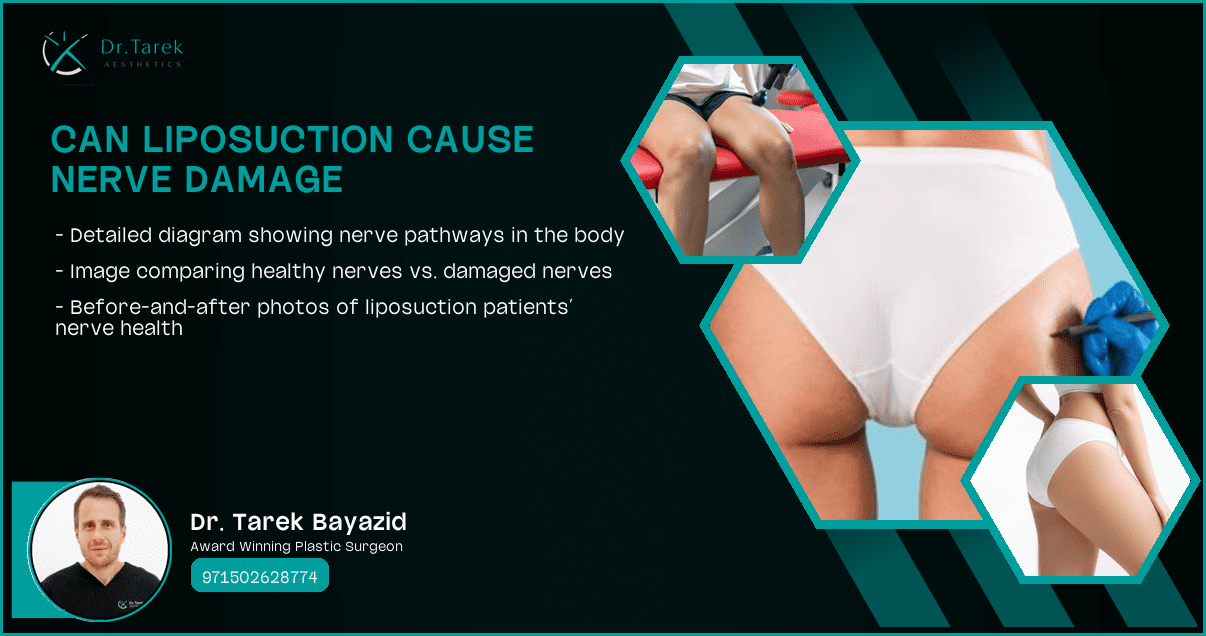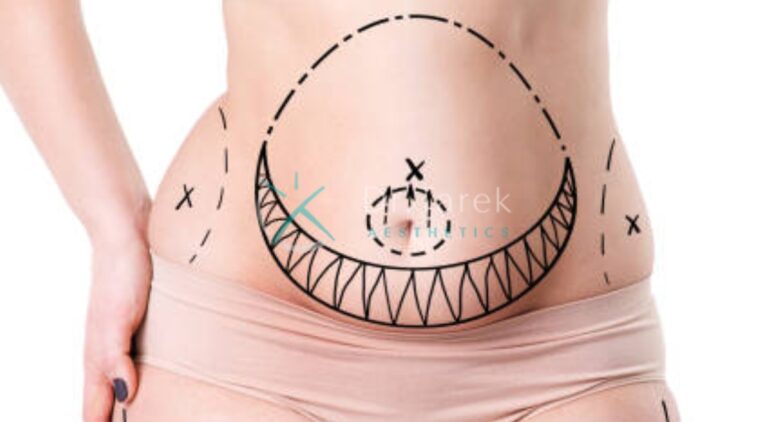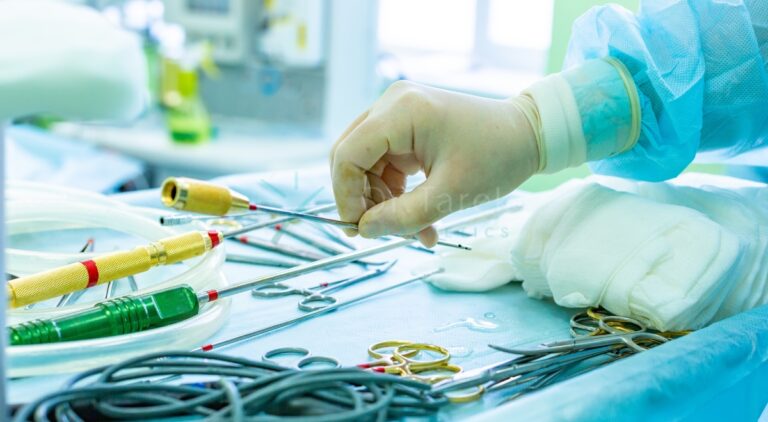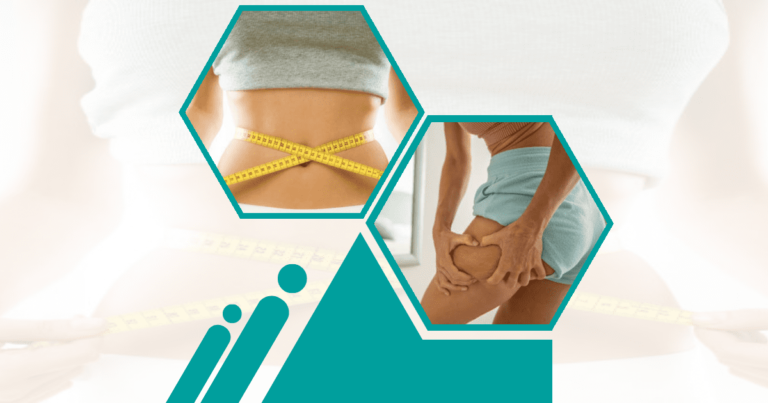Liposuction is a popular cosmetic procedure aimed at removing excess fat from specific areas of the body. While it can enhance body contours, it’s essential to understand the potential risks, including nerve damage. This article delves into the intricacies of liposuction, its impact on nerves, and the recovery process.
Liposuction and Potential Nerve Complications
Liposuction involves the removal of fat deposits through suction, using a cannula inserted under the skin. This procedure, although generally safe, can sometimes lead to nerve complications. Understanding these risks is crucial for anyone considering liposuction.
Targeted Lipo Technique is a special way to remove fat from specific body areas
it helps people get rid of stubborn fat in places they want to slim down
The Liposuction Procedure Explained
Liposuction is typically performed under local or general anesthesia. A small incision is made, and a cannula is inserted to break up and suction out fat. The procedure can target areas like the abdomen, thighs, and arms. While effective, the process can inadvertently affect nearby nerves.
- Procedure Steps : Incision, cannula insertion, fat suction.
- Target Areas : Abdomen, thighs, arms.
- Anesthesia Types : Local or general.
How Liposuction Can Affect Nerves
During liposuction, the cannula may come into contact with nerves, potentially causing damage. This can result in temporary or, in rare cases, permanent nerve issues. The extent of nerve impact depends on the procedure’s precision and the surgeon’s expertise.
Book A Consultation With Dr Tarek Bayazid
Top-rated Plastic Surgeon For Liposuction in Dubai
Installment Plan Available
- Cannula Contact : Potential nerve interaction.
- Nerve Impact : Temporary or permanent.
- Surgeon Expertise : Critical for minimizing risk.
Types of Nerve Damage Associated with Liposuction
Nerve damage from liposuction can manifest in various forms. Sensory nerves, responsible for feeling, are most commonly affected. Motor nerves, which control movement, are less frequently impacted but can lead to more severe complications.
- Sensory Nerve Damage : Affects feeling.
- Motor Nerve Damage : Affects movement.
- Severity Levels : Vary based on nerve type.
Prevalence of Nerve Damage After Liposuction
Understanding how common nerve damage is after liposuction can help set realistic expectations. While not extremely common, nerve damage is a recognized risk of the procedure.
Factors Influencing Nerve Damage Risk
Several factors can increase the risk of nerve damage during liposuction. These include the surgeon’s experience, the complexity of the procedure, and the patient’s individual anatomy.
- Surgeon Experience : Key risk factor.
- Procedure Complexity : Higher risk with complexity.
- Patient Anatomy : Individual variations matter.
Recognizing Signs of Nerve Damage Post-Liposuction
Identifying nerve damage early can aid in effective management and recovery. Knowing the symptoms is crucial for patients post-surgery.
Common Symptoms of Nerve Damage
Symptoms of nerve damage can include numbness, tingling, or a burning sensation in the affected area. In some cases, patients may experience muscle weakness or loss of function.
- Numbness : Common symptom.
- Tingling/Burning : Indicative of nerve issues.
- Muscle Weakness : Possible in severe cases.
Differentiating Between Normal Recovery and Nerve Issues
It’s important to distinguish between normal post-operative sensations and signs of nerve damage. While some discomfort is expected, persistent or worsening symptoms may indicate nerve complications.
- Normal Sensations : Temporary discomfort.
- Persistent Symptoms : May indicate nerve damage.
- Worsening Condition : Seek medical advice.
Duration and Recovery from Liposuction-Related Nerve Damage
Recovery from nerve damage varies based on the severity and individual healing processes. Understanding the typical timeline can help manage expectations.
Typical Timeline for Nerve Healing
Nerve healing can take weeks to months, depending on the extent of the damage. Most patients experience gradual improvement over time, with full recovery possible in many cases.
- Healing Duration : Weeks to months.
- Gradual Improvement : Common recovery pattern.
- Full Recovery : Possible for many patients.
Factors Affecting Recovery Duration
Several factors can influence how quickly nerves heal after liposuction. These include the patient’s age, overall health, and adherence to post-operative care instructions.
- Patient Age : Younger patients may heal faster.
- Overall Health : Impacts recovery speed.
- Post-Operative Care : Critical for optimal healing.
Treatment Options for Nerve Pain After Liposuction
Managing nerve pain effectively is crucial for patient comfort and recovery. Various treatment options are available, ranging from conservative methods to medical interventions.
Conservative Management Techniques
Initial management of nerve pain often involves conservative approaches. These can include physical therapy, pain management strategies, and lifestyle modifications.
- Physical Therapy : Aids in recovery.
- Pain Management : Essential for comfort.
- Lifestyle Changes : Support healing.
Medical Interventions for Persistent Nerve Pain
For persistent nerve pain, medical interventions may be necessary. These can include medications, nerve blocks, or, in rare cases, surgical procedures.
- Medications : For pain relief.
- Nerve Blocks : Targeted pain management.
- Surgical Options : Considered in severe cases.
Preventing Nerve Damage During Liposuction
Prevention is key to minimizing the risk of nerve damage during liposuction. Several strategies can help ensure a safer procedure.
Surgeon Expertise and Its Impact
Choosing a skilled and experienced surgeon is one of the most effective ways to prevent nerve damage. A qualified surgeon will have the knowledge and precision needed to minimize risks.
- Surgeon Skill : Critical for safety.
- Experience Level : Directly impacts outcomes.
- Patient Safety : Enhanced by expertise.
Advanced Techniques to Minimize Nerve Injury
Utilizing advanced liposuction techniques can also reduce the risk of nerve damage. Techniques such as tumescent liposuction and ultrasound-assisted liposuction are designed to be less invasive.
- Tumescent Liposuction : Minimizes trauma.
- Ultrasound-Assisted : Reduces nerve impact.
- Less Invasive : Lower risk of complications.
The Role of Post-Operative Care in Nerve Health
Proper post-operative care is essential for nerve health and overall recovery. Following guidelines can significantly impact healing outcomes.
Importance of Following Recovery Guidelines
Adhering to recovery guidelines provided by the surgeon is crucial. These instructions are designed to promote healing and prevent complications.
- Guideline Adherence : Essential for recovery.
- Healing Promotion : Through proper care.
- Complication Prevention : By following advice.
Lifestyle Factors Affecting Nerve Healing
Lifestyle factors, such as diet and exercise, can influence nerve healing. Maintaining a healthy lifestyle supports the body’s natural recovery processes.
- Healthy Diet : Supports healing.
- Regular Exercise : Aids recovery.
- Lifestyle Choices : Impact nerve health.
Legal and Ethical Considerations in Liposuction-Related Nerve Damage
Understanding the legal and ethical aspects of liposuction is important for patients and practitioners alike.
Patient Rights and Informed Consent
Patients have the right to be fully informed about the risks and benefits of liposuction, including the potential for nerve damage. Informed consent is a critical component of ethical medical practice.
- Informed Consent : Essential for patient rights.
- Risk Awareness : Includes nerve damage.
- Ethical Practice : Requires transparency.
Medical Malpractice in Liposuction Cases
In cases where nerve damage results from negligence, patients may have grounds for a medical malpractice claim. Understanding legal options can help patients seek justice and compensation.
- Negligence Claims : Possible in malpractice.
- Legal Options : For affected patients.
- Justice and Compensation : Through legal action.
By understanding the risks, recovery, and prevention strategies associated with liposuction, patients can make informed decisions and enhance their chances of a successful outcome. Always consult with a qualified healthcare professional to discuss individual risks and benefits.
FAQ’s
How long does nerve pain last after liposuction?
Nerve pain after liposuction can last from a few weeks to several months, depending on the severity of the damage. Most patients experience gradual improvement over time, with many achieving full recovery. Persistent pain should be evaluated by a healthcare professional to determine appropriate management.
How do you know if you have nerve damage after liposuction?
Nerve damage after liposuction can be identified by symptoms such as persistent numbness, tingling, or pain in the treated area. If these symptoms do not improve over time, it is important to consult a healthcare professional. Early detection and management can improve recovery outcomes.
How common is nerve damage after lipo?
Nerve damage after liposuction is relatively uncommon, occurring in a small percentage of cases. The risk can be minimized by choosing an experienced surgeon and following post-operative care instructions. Understanding the potential for nerve damage is important for informed decision-making.








